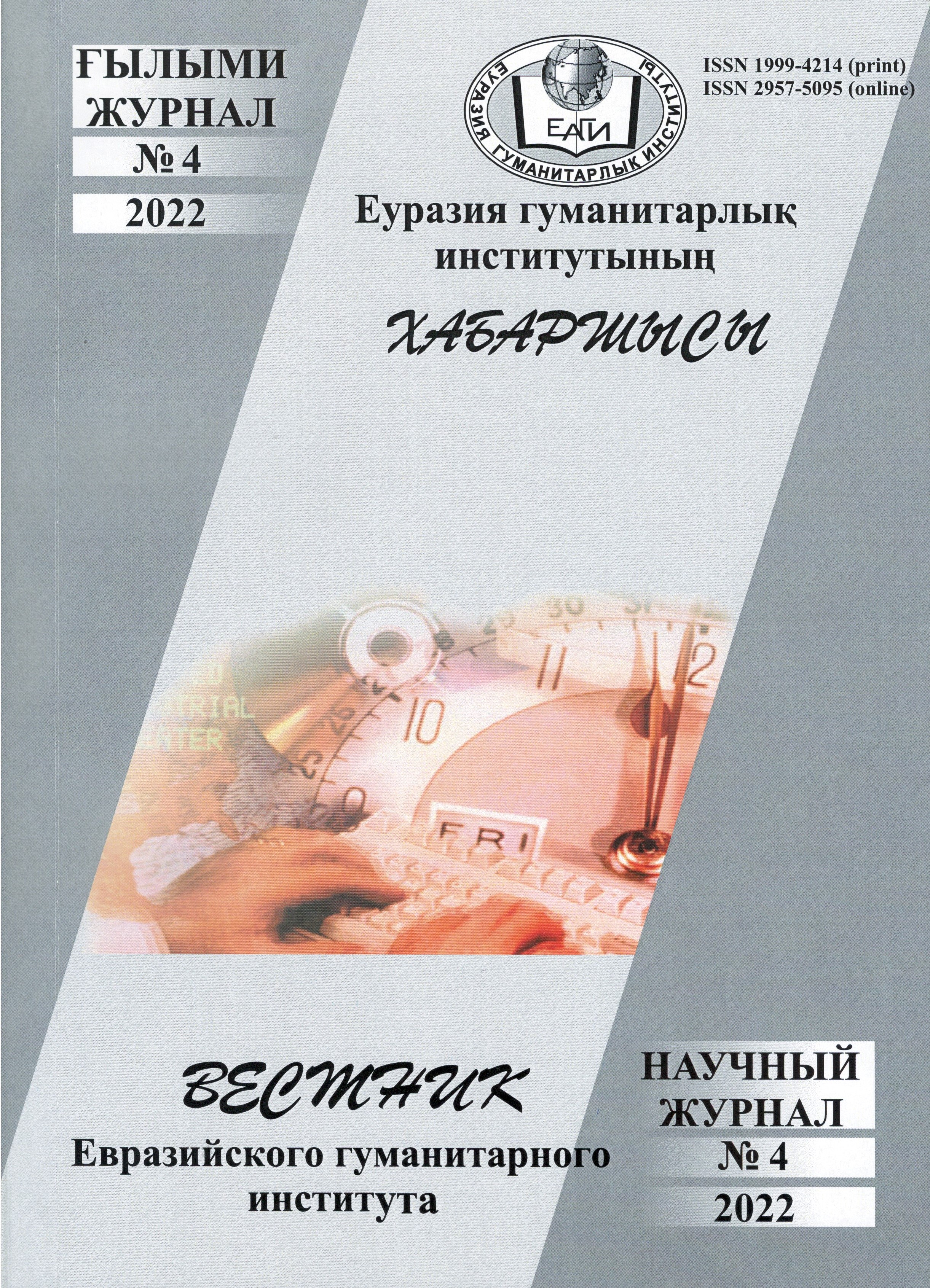POETICS OF THE LITERARY SIMULACRUM
Abstract
The article describes the poetic features of one of the basic terms of postmodern literature - simulacrum. The global trend of postmodernism has brought many new changes to society. Naturally, when changing society, consciousness and literature, and requirements to them, and measures to present it, are updated. Modern scholars identify three dominant properties of postmodernism. These include dialogue, play, and intertextuality. However, among the characteristics listed, there is no core of governance to organize the unity of application. Thus, simulacrum is analyzed as a universal category of post-modernist aesthetics and as a key element of the poetry of the postmodernist text. That is, it will be one of the tools to study postmodernist works. Along with the history of the origin and establishment of the simulacrum category, the historical basis in the writings of Plato in the early centuries is differentiated, the interpretation as the main term of postmodern philosophy in the research of the French poststructuralists G. Bataille, P. Klassovski, J. Derrida in the following centuries. The concepts of J. Baudrillard «Simulacrum and simulation», representations of G. Deleuze about the connections between religion and simulacrum have been comprehensively analyzed. The works of the Russian literary scholar M. Bakhtin cover theories concerning the problems of the artistic text, the author and the hero. On the basis of the theory of «Author-hero» of the scientist, the interrelation of the problem of integrity of the author and the hero with the concept of simulacrum is examined.


